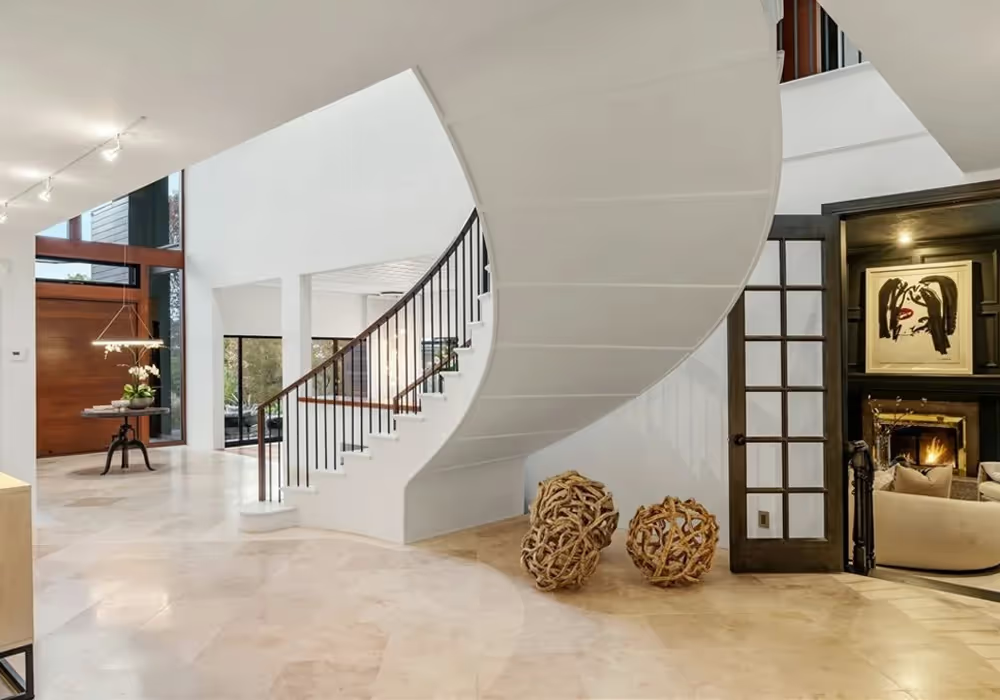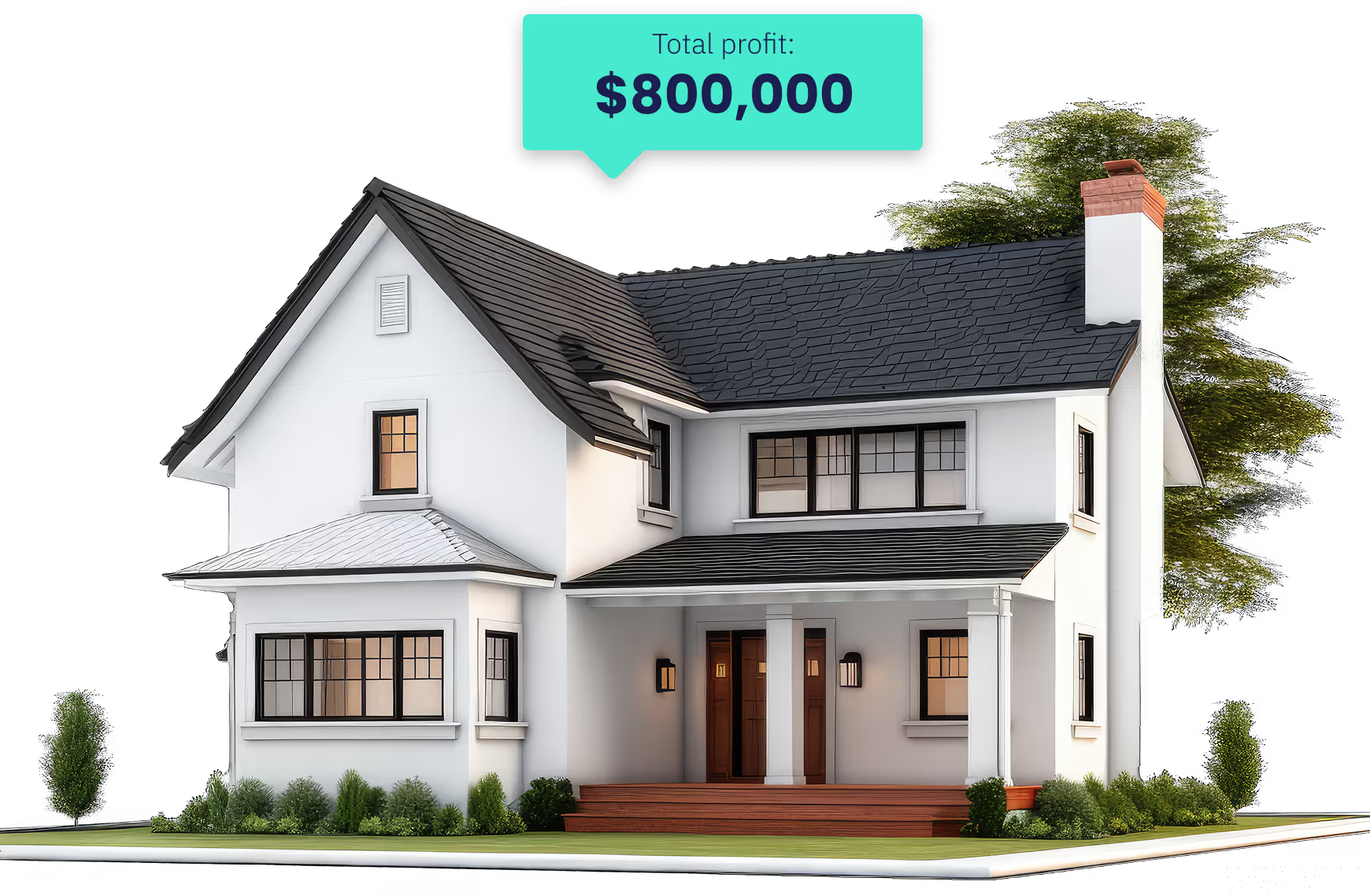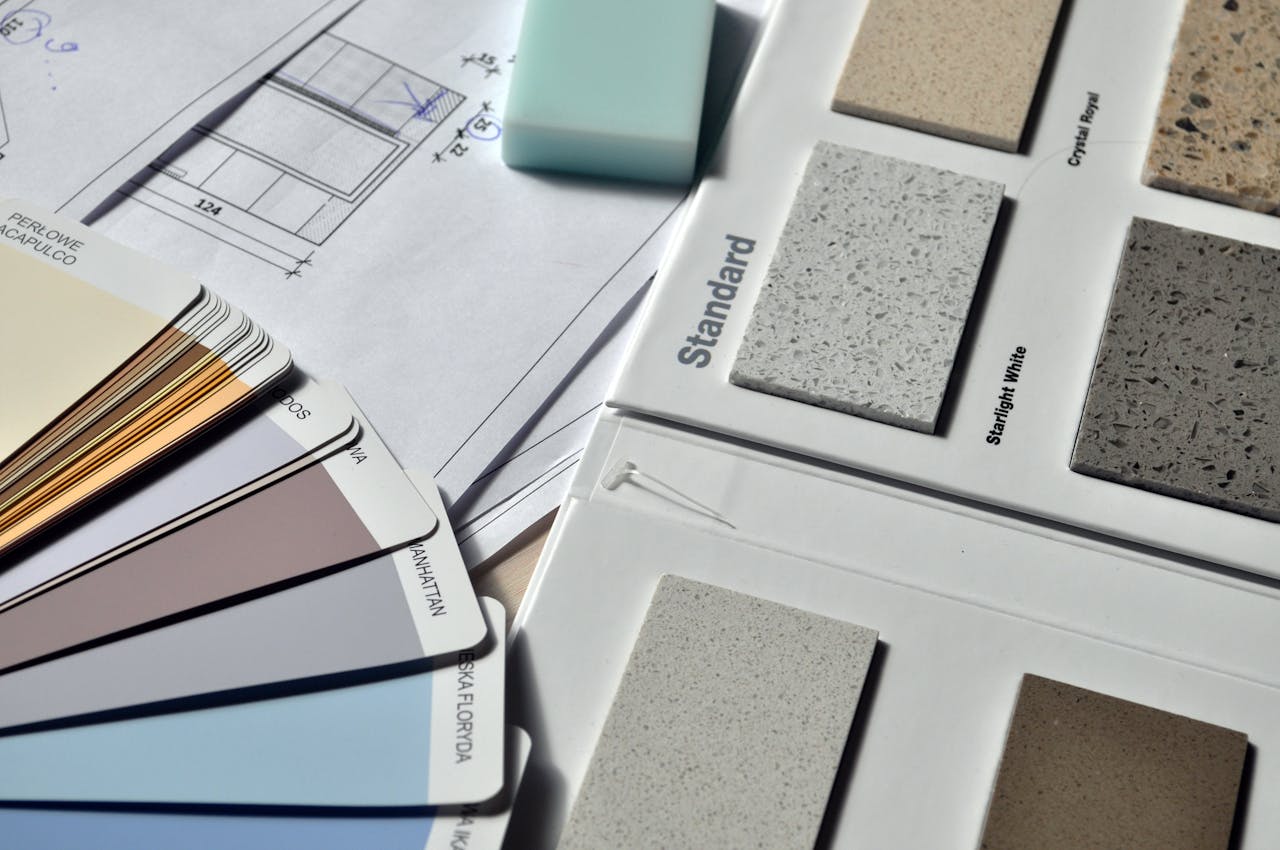Home Renovations vs. Building a New House: Which is Cheaper?

As a homeowner, there may come a time when you find yourself at a crossroads– when your current home no longer meets your needs. When this happens, it leaves you with three options: renovate your existing home, find a new home, or build the home of your dreams from scratch. When faced with this choice there is a lot to consider, including your budget, the emotional attachment tied to your current home, and future plans. In this article, we focus on two of the options: whether or not it’s cheaper to renovate your current home or build a new house from the ground up – and the answer isn’t as black and white as you may think.
Comparing Costs
When comparing the costs of building a new house versus renovating an existing one, there are many things to think about. Generally speaking, building a new home tends to be more expensive than renovating, as you're starting from the ground up. But, what most homeowners forget to consider is that the cost of renovations can quickly add up, especially if you're dealing with an older home that requires significant updates to systems like electrical, plumbing, and HVAC.
When determining the cost for each option, don’t forget to include materials, labor, pre-build expenses (such as permits and design fees), and additional costs like landscaping and furnishings. Another important thing to keep in mind is that when renovating, you may face limitations based on your home's existing layout and the age and condition of its systems, which can increase the overall cost.
Evaluating Home Value and Personal Value
One of the main reasons homeowners choose to renovate is to boost their home's value. Certain renovations, such as updating the kitchen, bathroom, adding a deck or finishing a basement or attic, can provide a big return on investment. However, it's important to consider the personal value added through customization or preserving original elements.
When comparing the impact of renovations versus new builds on property value and equity, it's important to consider the local real estate market and the potential for future resale. In some cases, a renovated home can be just as appealing to buyers as a newly built one.
The 4 Decision Factors
Deciding between renovating and building new involves weighing several factors, including:
- Financial considerations: Evaluate the average costs for each option. Take into account interest rates and potential long-term savings on energy-efficient upgrades in a new build.
- Emotional and historical significance: If your current home holds sentimental value or is a historic property, you may lean towards preserving and renovating it.
- Family needs and space requirements: Consider your current and future lifestyle needs and determine whether a renovation can accommodate them or if a new build makes more sense.
- Equity and financing options: Assess your current home equity and explore financing options for each scenario, such as renovation loans or construction mortgages.
Challenges and Considerations
Both renovating and building a new home come with their own set of challenges. When renovating, you may encounter unexpected issues once demolition begins, leading to added costs and delays.
Planning and zoning restrictions may also limit the scope of your renovations. On the other hand, building new offers more predictability but less opportunity for customization based on an existing structure.
It's also worth noting that certain renovation projects, such as kitchens and bathrooms, tend to be more expensive, sometimes due to the need for specialized labor and materials.
Benefits and Drawbacks – Building a New Home vs. Renovating Your Existing Home
Building a New Home
Pros:
- Complete customization to suit your preferences
- Ability to choose your ideal location
- Potential long-term cost savings through energy-efficient design and modern materials
- No need to work around existing structures or limitations
Cons:
- Higher upfront costs compared to renovating
- Need to find and purchase suitable land
- Longer timeline from start to completion
- Less opportunity to preserve any existing character or emotional attachments
Renovating Your Existing Home
Pros:
- More cost-effective upfront compared to building new
- Ability to maintain existing emotional attachments or historic character
- Potential to increase home value through strategic upgrades
- Shorter timeline compared to building from scratch
Cons:
- Limitations in terms of layout changes and design due to existing structure
- Potential need to update aging systems (electrical, plumbing, HVAC)
- Unexpected issues may arise during renovation, leading to added costs and delays
- Less ability to customize compared to a new build
In the end, the decision comes down to evaluating the costs, benefits, and drawbacks of each option and considering factors like budget, emotional attachments, and future needs. Carefully weighing your options can help you make a well-thought-out decision that best serves your family's short- and long-term home goals.
If you still need to decide which path to choose, consider consulting with a trusted real estate professional, financial advisor, or renovation company to discuss your specific situation and explore your options further.
Amanda Steele, a Sales Expert at Revive, previously a Realtor with Berkshire Hathaway, excels in real estate knowledge and customer service. Her skills significantly enhance Revive's client experiences.
Recent articles
Unlocking equity is hard,
we've got your back.
See what's possible, it's your real estate.
Discuss homeThe future
starts at home.
While there is an abundance of evidence that supports that renovated turnkey homes sell faster and for more, Revive, nor the Contractor, can guarantee a specific as-is or after renovation value or the exact time that it would take to get a renovated home sold. Further, Revive cannot provide a guarantee that the real estate market will not experience fluctuations or a decrease during the renovation or sales period.








